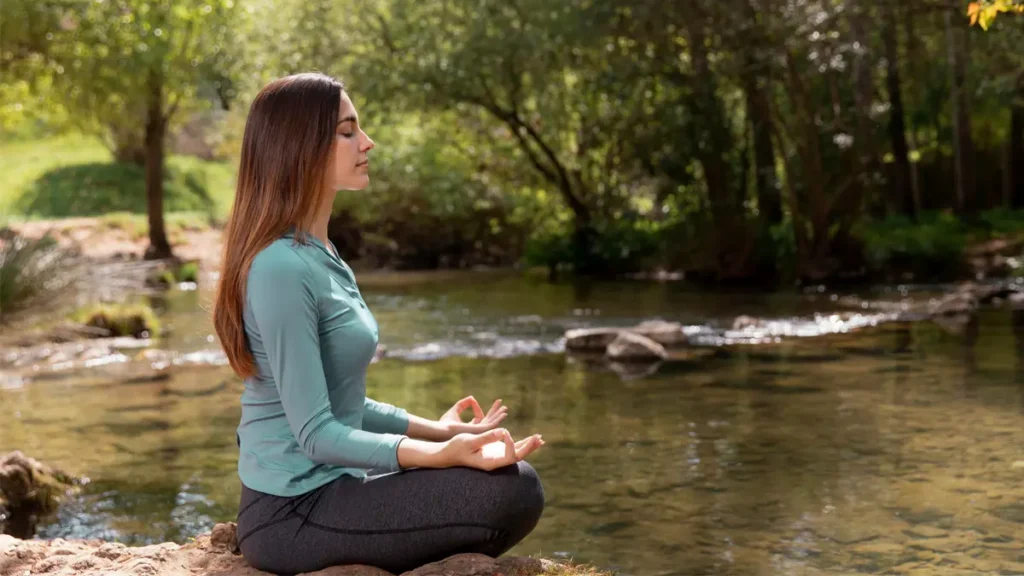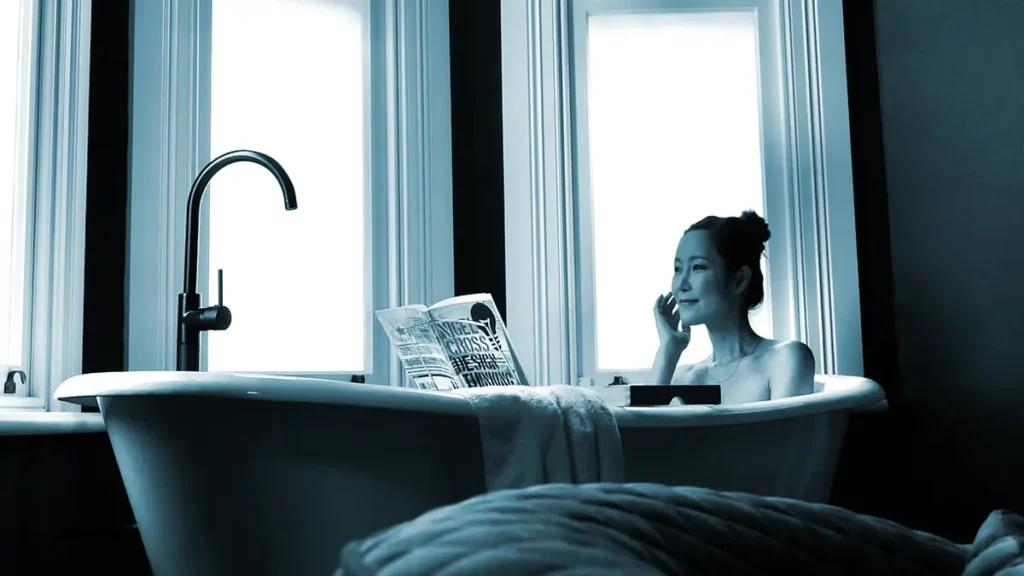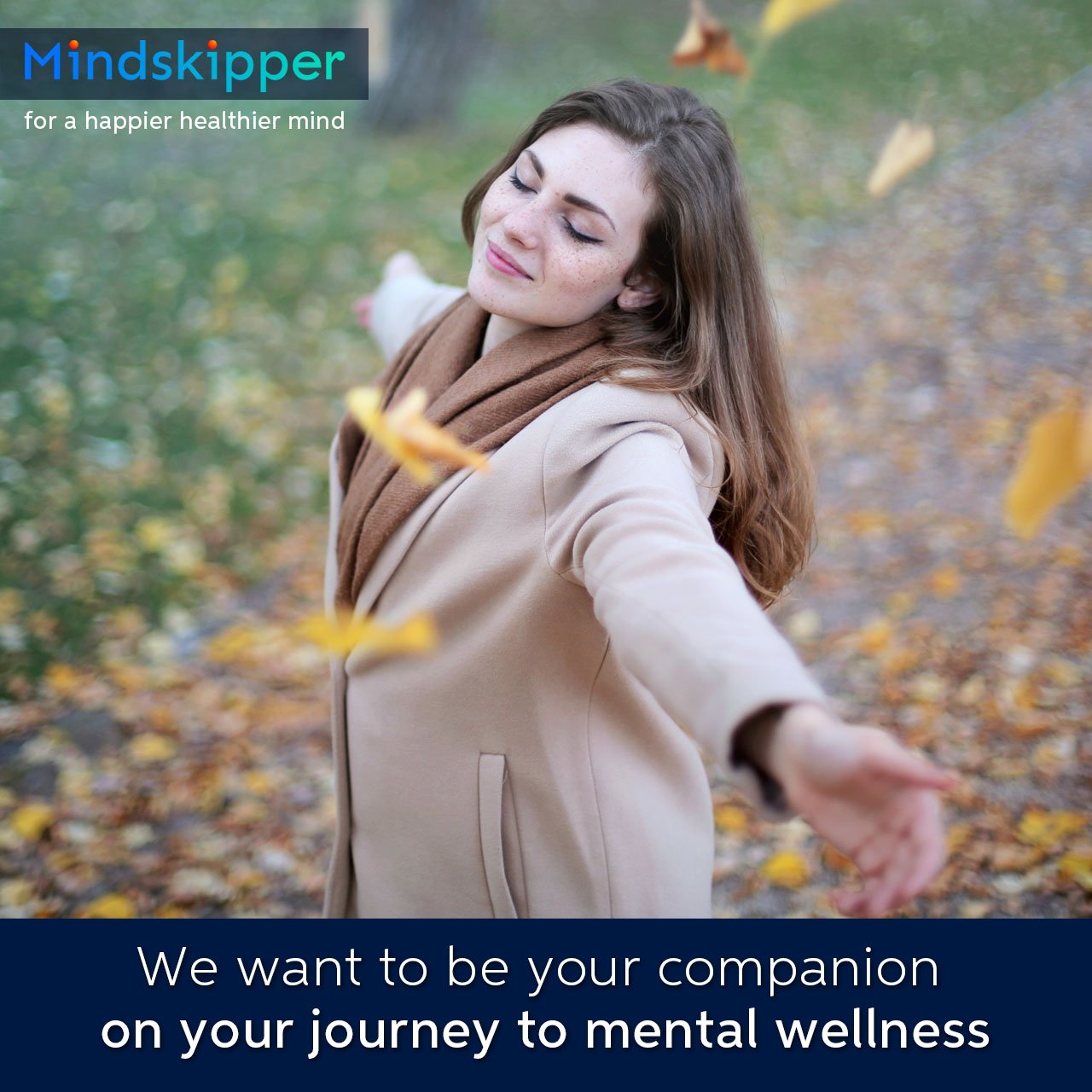Millennials may be open to discussing mental health and self-care, but it’s still essential that they realize this approach won’t solve all their mental wellness troubles. To paraphrase a popular pre-flight safety presentation, we must secure oxygen masks before helping others.
So, retailers need to offer tools and products to support mental wellness.
Understanding the Millennial Self-Care Movement
Millennials may be known for their penchant for avocado toast, memes, and Harry Potter, but self-care is another trend sweeping this generation. Far more than just another trend or movement fad, self-care helps millennials improve both mental health and wellness.
One key driver of the millennial self-care movement is an increased awareness of the relationship between mental and physical well-being. Millennials have witnessed older generations struggle with issues like burnout and depression while being acutely aware of how stress levels affect their mental well-being.
Millennials also seek a balance between work-life demands and other aspects of their lives, such as self-care, exercise, and meaningful relationships. Their approach to wellness differs from that of traditional self-help approaches that emphasize laborious workout classes, cleanses, or diets — they prefer taking a gentler approach that focuses on loving oneself just the way they are and accepting themselves as individuals – even simple things such as enjoying sunrises or taking notice when there were no red lights along their commute home can count as examples of new approaches embracing wellness.
Self-Care’s Influence on Millennial Mental Health
Millennials have long understood the significance of health and wellness; however, their focus has increased over time due to societal shifts, increasing awareness of mental health issues, and their desire for work-life balance.
Self-care involves intentionally prioritizing oneself and one’s interests and needs, taking care of one’s physical, emotional, and spiritual well-being in this way. Many millennials view good mental health as being essential for living an enjoyable and fulfilled life, so they tend to seek therapy and other forms of mental health treatment more readily than previous generations.
Millennials prioritize social self-care, which involves building meaningful relationships and participating in meaningful face-to-face interactions with others to decrease feelings of isolation and loneliness. Learning self-care entails taking time out for personal development by reading books or articles, attending lectures, or participating in online courses to expand one’s knowledge or discover something new; sustainability is another topic millennial find engaging.

Popular Self-Care Activities and Their Benefits
Millennials prioritize self-care practices that promote mental wellness, such as mindfulness and meditation, physical fitness and healthy diet, hobbies such as painting or writing to foster emotional health, professional counseling services as part of their routines, and hobby practices to build emotional reserves.
Millennials are challenging society’s high expectations by prioritizing their wellbeing and prioritizing themselves first. Redefining success means balancing work, self-care, and meaningful relationships; accepting that saying “no” may not feel guilty is also part of it all.
This generation is leading the conversation around mental health, breaking through stigmatized perceptions to promote open discussions on this issue and ensure they thrive as we head into 2019. They’re resilient and passionate in their commitment to their mental well-being – particularly at a time when many young people are facing anxiety issues. We believe this trend must flourish over time!
Mindfulness and Meditation: Millennial Favorites
The generation best known for avocado toast, memes, and Harry Potter has another side. While often accused of being entitled snowflakes, millennials prioritize wellness and self-care more than any generation before them – spending more on workout routines, fitness apps, and wellness products than older counterparts.
Men also tend to seek mental health treatments more readily. This has spurred an explosion in the wellness industry, with companies providing personalized vitamins and skincare subscription services and customized boxes featuring candles, jade rollers, and succulents.
As part of its impact, this trend has also spurred a revival in traditional exercise methods; many millennials are now opting for outdoor activities like hiking, cycling, and paddle boarding to reduce stress, enhance focus, and elevate mood – while connecting with nature.

Physical Fitness and its Mental Health Connection
Many studies have linked physical fitness with improved mental health. One, published by BMC Medicine, discovered that those with low cardiorespiratory fitness and muscle strength had more days of poor mental health than those with higher fitness levels.
However, the relationship between exercise and mental health has not been proven, nor may be direct. Instead, it could be that those with healthier minds tend to engage more in physical exercise – or that exercise improves it.
Physical fitness is an invaluable way for millennials to care for themselves and manage stress effectively and productively. Exercise helps relieve tension, boost mood, and improve sleep quality and spiritual well-being; physical fitness provides mental flexibility and resilience training that makes life’s challenges easier to bear.
Although millennials might be perceived as entitled snowflakes, they value taking care of themselves – from proper nutrition and rest to regular physical activity and therapy or treatment of mental health conditions.
Technology’s Role in Millennial Self-Care
The millennial generation’s embrace of self-care has caused an unprecedented revolution in wellness. This phenomenon can be attributed to their busy lifestyles, increased awareness of mental health issues, and an overarching yearning for holistic well-being. Social media has played an essential role in this movement by creating an empowering virtual community to share rituals and experiences related to self-care – giving millennials motivational incentives for prioritizing emotional well-being and taking ownership over its maintenance.
Additionally, digital devices have increased mindfulness and meditation practices among millennials. These practices help lower stress levels, strengthen focus, and enhance overall wellness.
Millennials also show an affinity towards sustainability and eco-consciousness, reflecting their desire to balance personal wellbeing with planet preservation. Many millennials choose products and activities that are both eco-friendly and cost-effective – reflecting their belief that living a sustainable lifestyle leads to long-term happiness and success.

Future Trends: Self-Care and Mental Wellness
Every individual must create coping strategies to handle life’s stresses effectively. While one person might turn to exercise for depression management, another might prioritize spending quality time with family and friends as an essential way of improving mental well-being.
No matter how one approaches their mental wellness, it is vitally important for individuals to recognize when they require assistance and seek it immediately – this may involve attending therapy sessions, seeking treatment for an existing mental disorder, or reaching out to support networks for assistance.
As COVID-19 subsides, more individuals are prioritizing their wellness. This trend bodes well for healthcare systems and societies’ future success.
Conclusion
As millennials navigate adulthood and its obligations, they’ve prioritized self-care more than ever. Social media provides them a platform to showcase their self-care practices, experiences, and personal wellness journeys to encourage others on a similar journey.
By doing this, they are challenging mental health stigma and showing that self-care can be a healthy lifestyle choice. This trend could have far-reaching ramifications for the future of mental wellness.
Millennials are mindful of the effect of their actions on the environment, making sure their self-care choices are eco-friendly. From purchasing reusable water bottles to selecting eco-conscious yoga mats, they take a holistic approach to their well-being by aligning personal growth with environmental responsibility.



I’m really impressed along with your writing talents and also with the structure in your weblog. Is this a paid theme or did you modify it your self? Either way keep up the excellent high quality writing, it is rare to peer a great weblog like this one these days!
Your writing carries a quiet power, subtly shaping the way you see the world.
[…] Yes, your smartphone helped sink you into doom loops. But now it’s your chill pill—apps like Headspace and Calm are the pocket gurus dragging you back to the present. In 2025, 61% of millennials say they use a mindfulness app regularly (source: Mindskipper). […]